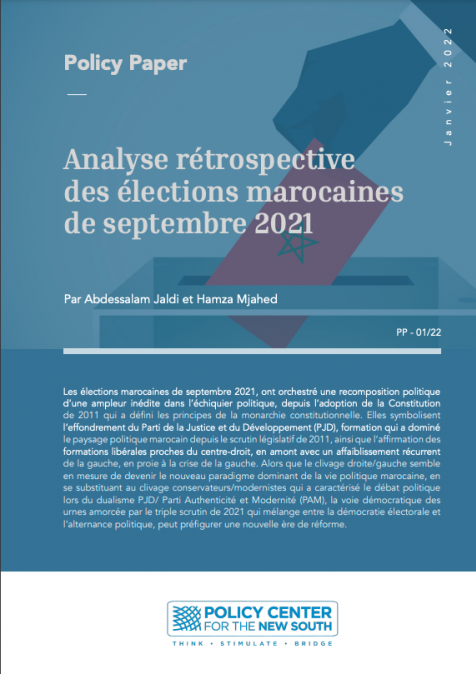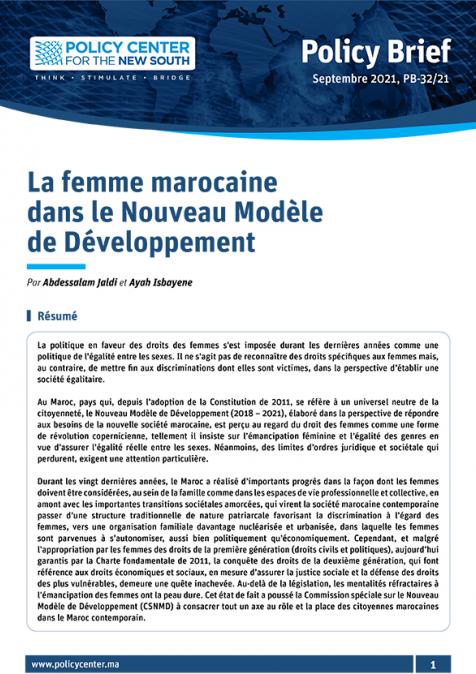Podcasts
حديث الثلاثاء: الذكاء الاصطناعي في المغرب بين الأخلاقيات والمسؤولية القانونية
يتطور العالم بشكل متسارع جداً، في ظل الثورة الصناعية الرابعة وعصر الذكاء الاصطناعي، وإنترنت الاشياء والعالم الافتراضي، لذا أصبح الذكاء الاصطناعي هو من يتولى القيام بمهام الإنسان، إذ بدأ يشغل بشكل فعلي وظائف البشر. ورغم ذلك، إلا أن المؤسسات التي تستخدم هذه التقنية لم تناقش بعد بشكل عميق وتفصيلي شامل المبادئ والأخلاقيات وكذا الضوابط والمسؤولية القانونية التي يجب مراعاتها أثناء استخدام الذكاء الاصطناعي، والعالم يحتاج هذه المبادئ والأخلاقيات بصفة عاجلة نظرا لسرعة إيجاد تطبيقات جديدة في عدد متزايد من القطاعات، بما في ذلك الأمن والبيئة والبحث والتعليم والصحة والثقافة والتجارة إلى جانب الاستخدام المتزايد التعقيد للبيانات الضخمة. لذا يثور التساؤل على من تقع المسؤولية التي تسببها أنظمة الذكاء الاصطناعي؟ هل هناك تشريعات خاصة تتناول مسألة تنظيم الاحكام الخاصة بأنظمة الذكاء الاصطناعي؟ كيف يمكننا ضمان عدم تكرار الصور النمطية الاجتماعية والثقافية في برامج الذكاء الاصطناعي؟ ثم هل يمكن برمجة القيم؟ وكيف يمكننا ضمان المساءلة عندما تكون القرارات و الإجراءات غائبة في مجتمع يقف عند فجر حقبة جديدة؟





